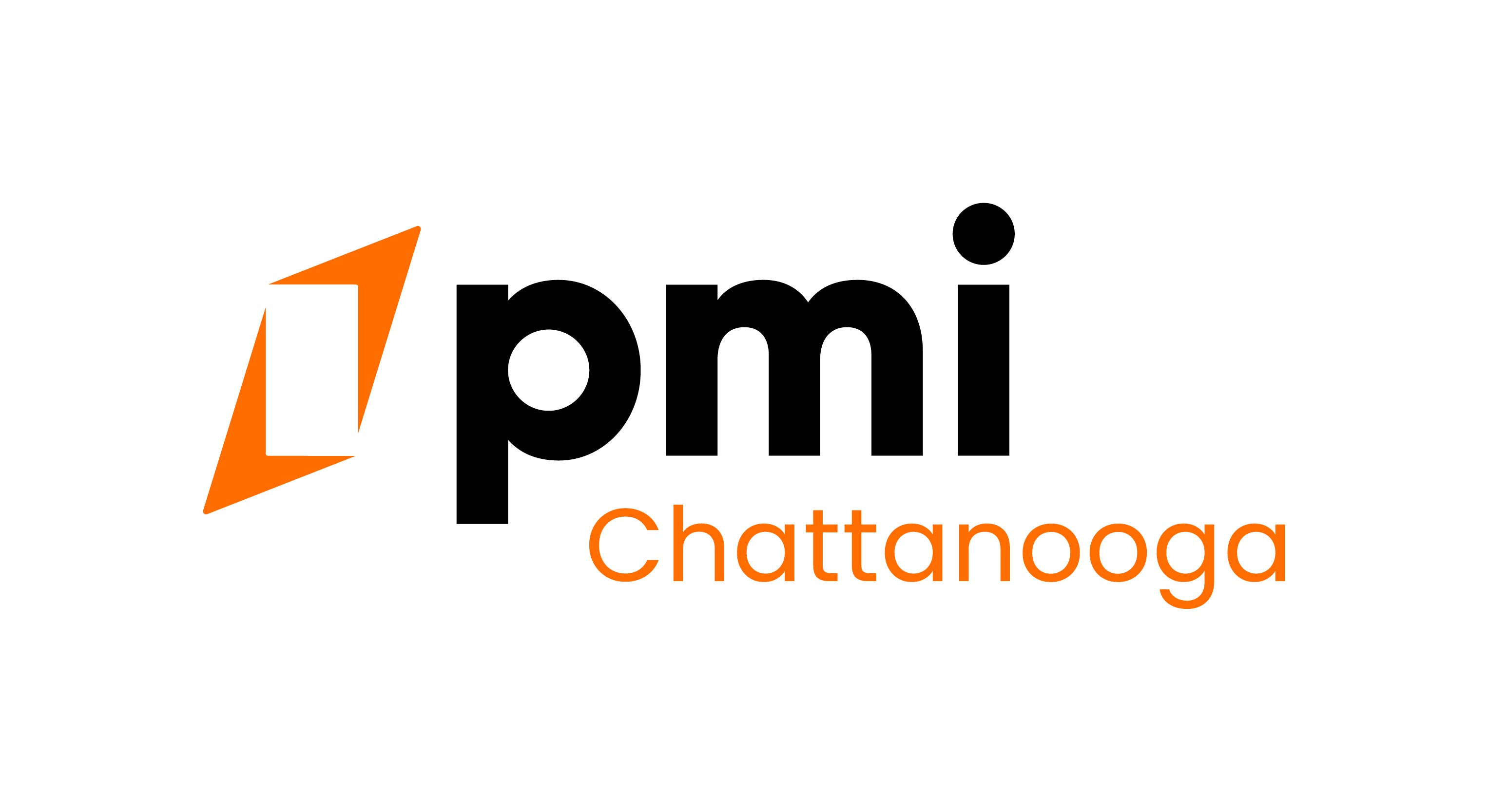Chattanooga’s rental market has grown steadily as more residents are drawn to its affordability, scenic surroundings, and expanding job opportunities. While the demand for housing creates consistent opportunities for landlords, profitability doesn’t always follow demand. A single repair, an extended vacancy, or a rise in operating costs can quickly drain income. That’s why successful landlords in Chattanooga treat budgeting not as a yearly task, but as a cornerstone of property management. For many, building stability starts with improving how rent collection is handled to make monthly income reliable.
Key Takeaways
- Setting realistic income projections protects against overestimating cash flow.
- Saving 5–10% of monthly rent creates a buffer for emergencies.
- Smart upgrades improve rental value and reduce vacancy times.
- Deductions like depreciation and repairs help landlords save at tax time.
- Professional management simplifies tracking and ensures long-term stability.
Keep Income Projections Realistic
It’s easy to assume monthly rent multiplied by twelve equals guaranteed income. However, that calculation ignores vacancies, turnover, and delays in payment. For example, a property renting for $1,600 per month appears to earn $19,200 annually. Once you factor in a 5–8% vacancy rate, the number drops closer to $17,800.
In Chattanooga, where neighborhoods like Northshore and Southside are in high demand, competition is still present, and vacancies can occur. Building budgets with conservative projections ensures landlords aren’t caught off guard when income dips.
Understand the Full Scope of Expenses
Rent is only part of the story. Even with consistent tenants, landlords face ongoing costs that impact profits. Fixed expenses like mortgage payments, taxes, and insurance are predictable, but variable expenses can fluctuate.
Expenses to plan for:
- Seasonal utility costs if included in leases.
- Landscaping and pest control.
- Routine maintenance, like servicing HVAC units for hot Tennessee summers.
- Emergency repairs, which often cost more than expected.
- Property management fees, which often pay for themselves through efficiency, tenant retention, and reduced vacancies.
When budgets include both predictable and variable costs, landlords have a clearer picture of profitability.
Protect Cash Flow with a Reserve
Even well-maintained properties face surprises. Roof leaks, water heater failures, or storm damage can cost thousands. Without a reserve fund, landlords are forced to dip into personal savings.
By saving 5–10% of rental income each month, landlords create a cushion that absorbs these costs. In Chattanooga, where severe weather can lead to storm-related property damage, a healthy reserve fund is especially critical.
Invest in Upgrades That Deliver Returns
Not all expenses drain profits—some directly improve rental performance. The right upgrades increase property value, attract better tenants, and reduce turnover.
Upgrades worth considering:
- Energy-efficient appliances that save tenants money.
- New flooring and fresh paint for modern appeal.
- Landscaping improvements that boost curb appeal.
- Smart locks, thermostats, and security features, which are increasingly expected by renters.
These improvements align with leasing strategies tailored to Chattanooga, helping landlords fill vacancies faster and keep high-quality tenants longer.
Track Finances with Better Tools
Using spreadsheets or paper records to track income and expenses leaves room for error. Professional systems give landlords the clarity and accuracy needed to stay on top of finances.
Benefits of financial tracking tools:
- Real-time rent collection reporting.
- Monthly breakdowns of income and expenses.
- Tax-ready documentation.
- Performance comparisons across multiple properties.
PMI Chattanooga provides landlords with streamlined financial systems that remove the guesswork from reporting and simplify management.
Budget with Taxes in Mind
Taxes can make or break rental profitability if landlords don’t plan properly. Fortunately, multiple deductions help reduce taxable income.
Deductions to track include:
- Mortgage interest: A major annual landlord deduction.
- Management fees: Deductible and financially beneficial.
- Repairs and maintenance: Deductible in the year they occur, offsetting sudden costs.
- Travel expenses: Trips to properties for inspections or contractor meetings may qualify.
- Depreciation: Spreads property value across its useful life, lowering taxable income without reducing cash flow.
Tracking these expenses throughout the year instead of at tax season ensures landlords maximize savings.
Expand Without Losing Control
As landlords scale their portfolios, financial oversight becomes more complex. A per-property budget highlights which rentals are performing well and which need attention.
Bundling services across multiple properties, like landscaping or pest control, can reduce costs. With PMI Chattanooga managing leasing, tenants, and finances, landlords can expand portfolios without losing oversight or organization.
Prioritize Maintenance to Protect Value
Maintenance isn’t just about keeping tenants happy—it’s about protecting property value. Deferred maintenance can lead to costly repairs that far exceed what regular upkeep would have cost.
Examples of preventive care:
- Servicing HVAC systems twice a year.
- Regular roof inspections to catch leaks early.
- Plumbing checks to prevent water damage.
Landlords who stay proactive preserve property value and keep tenants satisfied. PMI Chattanooga provides guidance on maintenance and repairs to help investors stay ahead of costly issues.
Treat Budgeting as a Year-Round Process
Budgeting is not a one-time exercise but a continuous strategy. Markets shift, expenses change, and rental demand fluctuates. Landlords who treat budgeting as an ongoing process keep cash flow steady and are better prepared to adjust when circumstances shift.
Build Financial Confidence with PMI Chattanooga
PMI Chattanooga partners with landlords to simplify financial planning, protect income, and reduce risks. If you’re ready to strengthen your rental strategy and achieve consistent returns, connect with PMI Chattanooga today for expert guidance tailored to your properties.
FAQs
How much do property management fees usually cost in Chattanooga?
Property management fees in Chattanooga typically range from 8–12% of monthly rent. These fees generally cover services like rent collection, tenant placement, and maintenance coordination. Many landlords find these services worthwhile as they reduce vacancies and increase efficiency.
What are property tax rates like in Chattanooga, TN?
Property tax rates in Chattanooga are moderate compared to national averages. Rates vary by county and property value, so landlords should include them in annual budgets to prevent surprises.
How much should landlords save annually for maintenance?
A common guideline is to set aside 1% of the property’s value each year for maintenance. For example, a $250,000 rental should have $2,500 reserved. Older properties or those with aging systems may require more.
Which upgrades provide the best returns in Chattanooga?
Upgrades like kitchen and bathroom remodels, new flooring, and energy-efficient features generally provide the highest returns. Adding smart home technology and improving curb appeal also help properties rent faster.
Why are vacancies such a concern for landlords?
Vacancies mean immediate income loss. Even a single vacant month can cut into annual profits significantly. Budgeting for a 5–8% vacancy rate and working with a property manager to minimize downtime helps landlords protect cash flow.


